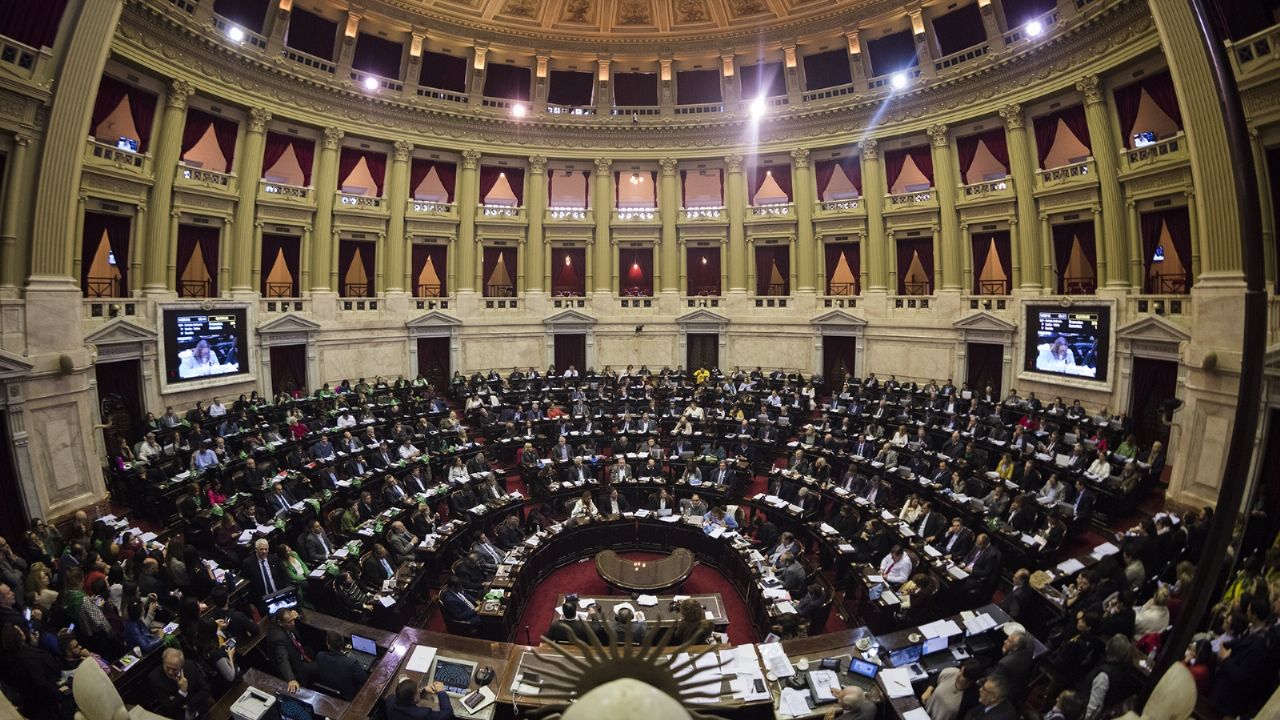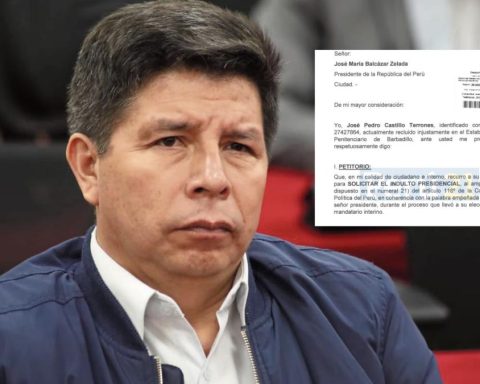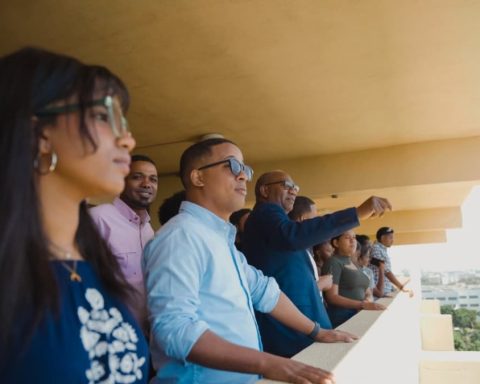The moratorium The pension plan for retirees had to be discussed and launched in December of last year, since it had half a sanction in the Senate, however, the lack of cooperation between the ruling party and the opposition in the Chamber of Deputies delayed the departure for two months of the extension of this measure, so that the possibility of retiring for 800,000 citizens is paralyzed.
The opposition, grouped in Together for Change (JxC), repeatedly decided not to show up to work for the extension of the moratoriumwhich led to the worrying delay in the retirement measure that will leave hundreds of thousands of potential retirees without rights. For this anti-democratic action (not meeting), the head of the National Social Security Administration (ANSES), Fernanda Raverta, criticized JxC and pointed out that the measure could seek the path of a presidential decree.
However, just one day later, the government, including Raverta, backtracked on this methodology, putting pressure on the opposition over its decision not to appear at the relevant sessions of the moratorium forecast. The head of the ANSES stated in the Social Security and Welfare Commission on this extension that “the Budget has already been discussed in Congress, the argument of budgetary expenditure (which includes the payment of the social security) has been settled.”
The extent per se It intends to grant the right to retirement to some 800,000 people who did not manage to fulfill the years of contributions, discounting the amount owed to the State from the same retirement credit. In turn, citizens who are of pre-retirement age (women from 50 to 59 years old and men from 55 to 64 years old), who do not arrive with the necessary years of contributions, can begin to pay the missing periods themselves.

Raverta’s criticism of JxC
After the JxC did not meet, Raverta launched harsh accusations at the main opposition political space: “The JxC deputies did not go to work to discuss laws, what we hope then is that in this period of extraordinary sessions the law can be voted on, which effectively the opposition deputies come down to work, to sessions and thus be able to discuss this law”.

To which he added: “It seems to me that in addition to extortion it is undemocratic because the truth is that the institutions, even when you do not agree with the law, a deputy must go down (to the compound) and explain why they do not agree”. JxC does not meet due to the political trial that the ruling party intends to bring against the Supreme Court.

















